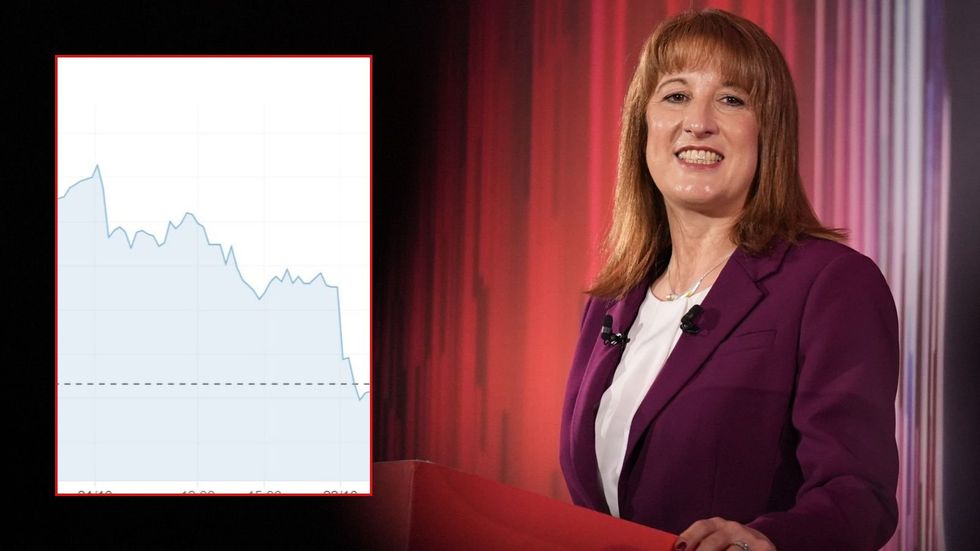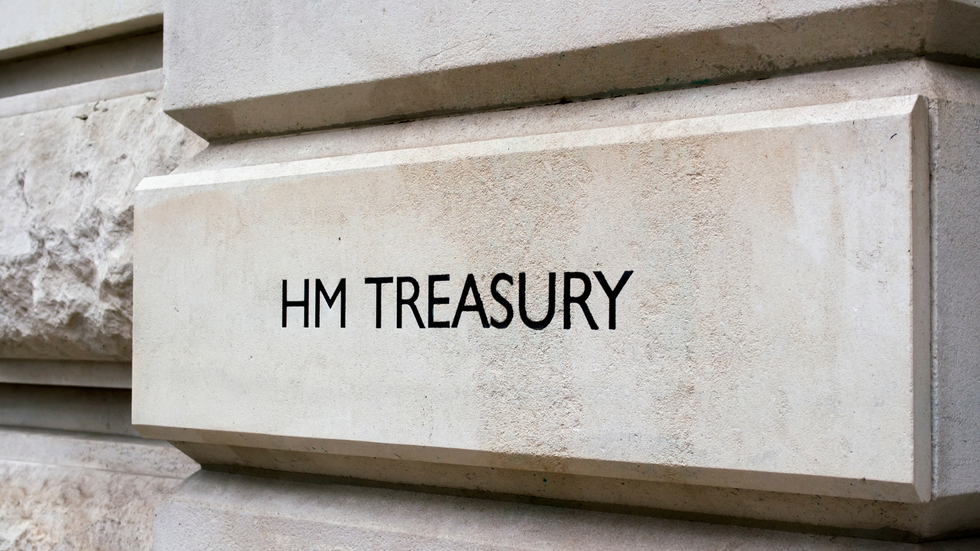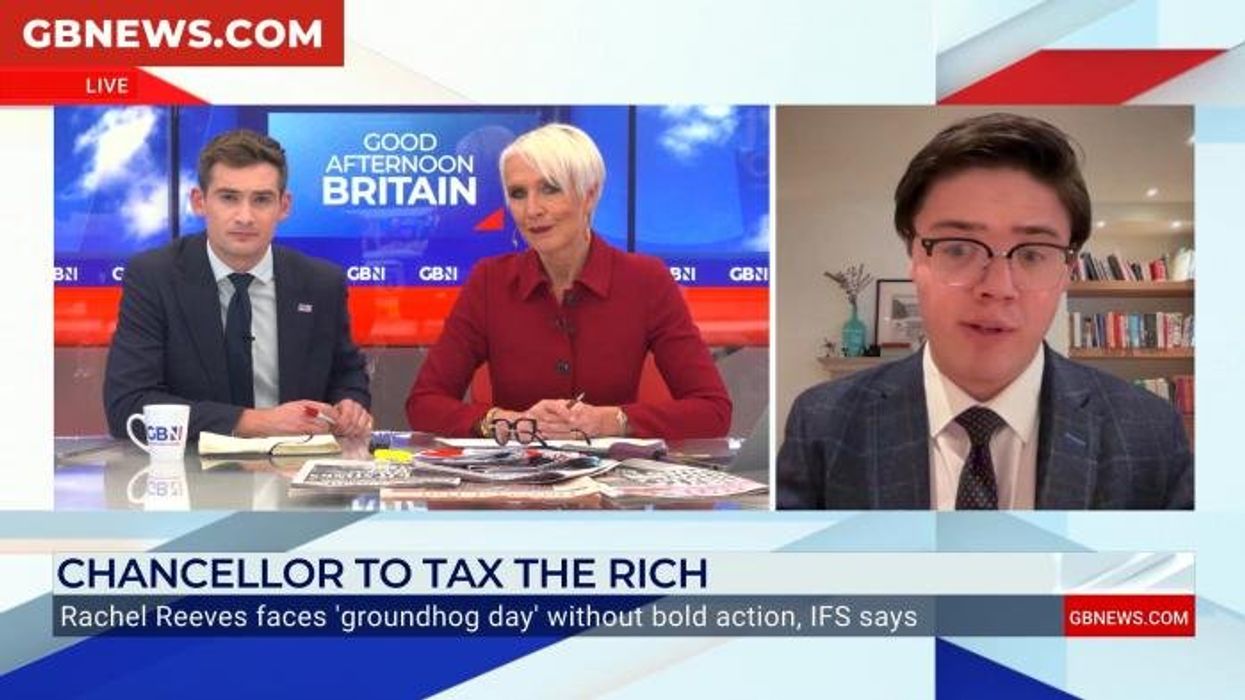Economy alert: Relief for Rachel Reeves as Treasury could net £4.5bn savings boost due to gilt drop

The Chancellor is due to give her Autumn Budget on November 26
Don't Miss
Most Read
Chancellor Rachel Reeves stands to benefit from substantial savings as Government borrowing costs have declined sharply in recent days. Analysts note reduction could provide billions in relief for the Treasury ahead of next month's budget.
The exact scale of these savings hinges on a crucial technical decision by the Office for Budget Responsibility (OBR) regarding when it finalises its debt-interest projections. This timing will determine whether the Chancellor can count on a windfall that could significantly ease her fiscal challenges.
With the national debt standing at £2.75trillion, even modest shifts in gilt yields translate into considerable sums for the public purse.
Bloomberg Economics analyst Ana Andrade calculates that if the OBR begins its 10-working-day market data collection period today, the Treasury could secure savings of up to £4.5billion, assuming current market conditions persist. Should the data window have already closed, the benefit would be limited to £2billion.

The Chancellor has been provided some much-needed relief as the Government's long-term borrowing costs drop
|GETTY
The fiscal watchdog has yet to reveal when it will lock in the financial market figures that underpin its five-year economic projections for the Autumn Budget on November 2025.
Notably, the OBR confirmed it cannot disclose the borrowing forecast dates "for at least a few weeks" and emphasised it will "remain flexible in case we are required to think again".
These potential savings arrive at a critical moment for Reeves, who faces a £35billion shortfall that must be addressed through revenue increases and budget reductions.
Bloomberg Economics suggests she requires this sum to preserve the £9.9billion buffer she maintained against her primary fiscal target during March's spring statement.
The calculations factor in an anticipated £6billion rise in debt servicing costs, based on market conditions from early September.
Any reduction in the government's borrowing bill would directly shrink the fiscal gap requiring resolution.
With debt interest payments exceeding £100billion annually—nearly double the defence budge, economists warn the stakes are considerable.
September's inflation figures have delivered additional fiscal relief, with the consumer prices index reaching 3.8 per cent, below both economist predictions and the Bank of England's 4 per cent forecast.
This lower-than-anticipated rate aligns closely with the OBR's third-quarter projection of 3.7 per cent.
The Government applies September's inflation data to adjust welfare payments and public-sector retirement benefits.
Based on this metric, the Resolution Foundation calculates that Universal Credit recipients will see their standard allowance rise by 6.2 per cent from April, translating to a £6 weekly increase for single adults over 25, bringing their total to £98. Couples will receive an additional £9 per week, raising their allowance to £154.
John Wyn-Evans, the head of Market Analysis at Rathbones,
LATEST DEVELOPMENTS:

The Treasury is on the hunt for more fiscal headroom
| GETTYHe explained: "Even so, financial market reaction today has been muted. Government bond (gilt) yields are a touch lower and in line with the performance of other countries' debt. The pound is actually slightly firmer against both the dollar and the euro than before the data was released.
"That might be testament to the already low expectations built into market prices. Indeed, some analysts are optimistic that the Budget could be a "clearing event" for sentiment, however painful it might be for certain groups of taxpayers, if it sets the UK on a sustainable fiscal path.
"Of course, that was the hope last Autumn, and so we remain reluctant to drop our guard. With another five weeks till Budget Day, there's plenty of scope for more surprises.
"One result of fiscal tightening in the Budget could be a lowering of inflation pressure, especially if the Chancellor avoids measures that will not directly impact consumer prices (such as VAT increases)."
More From GB News











